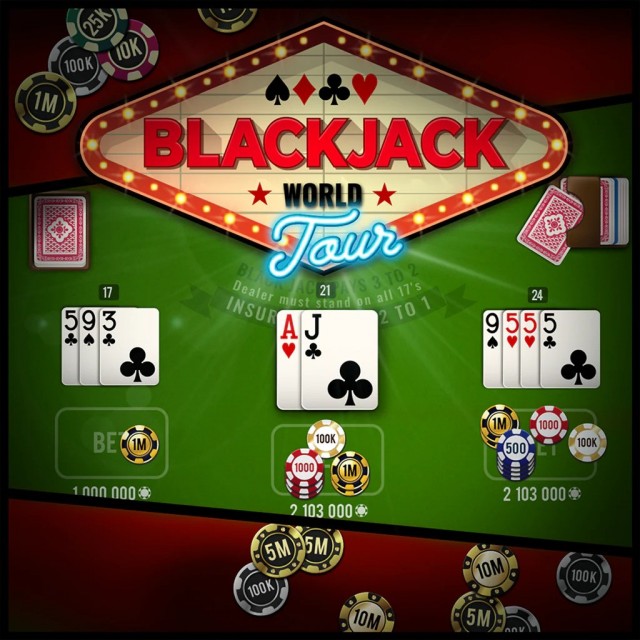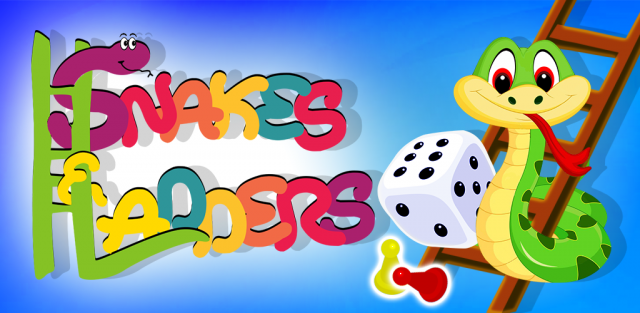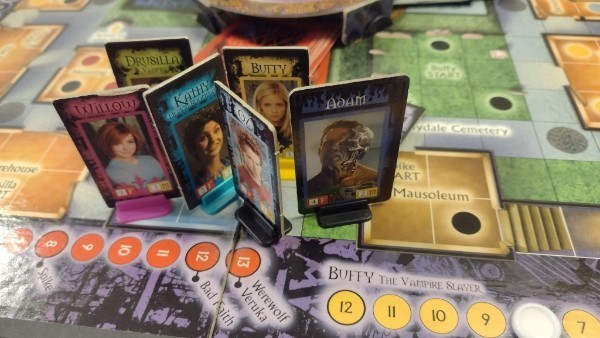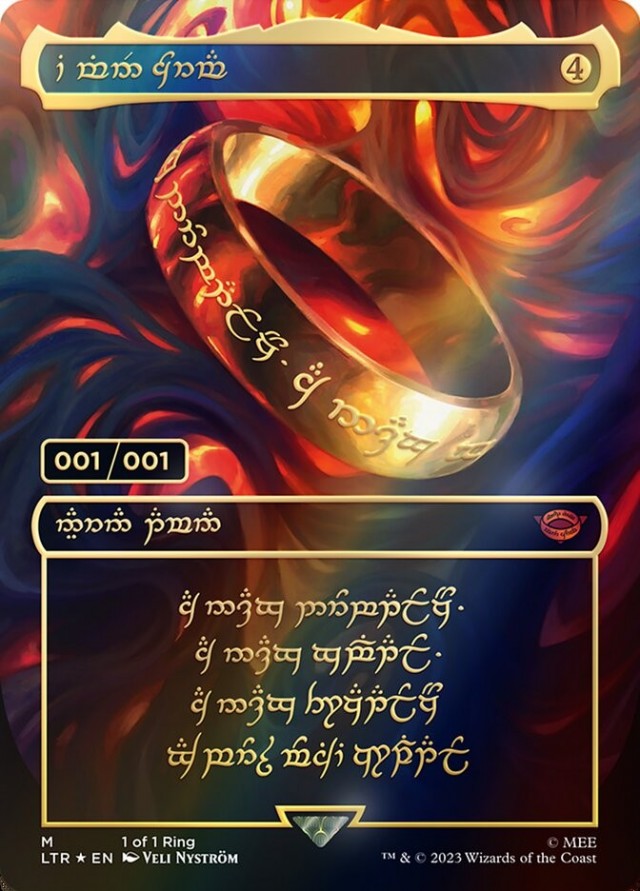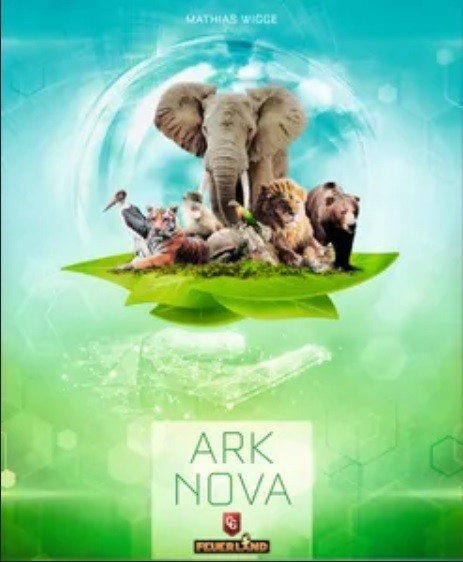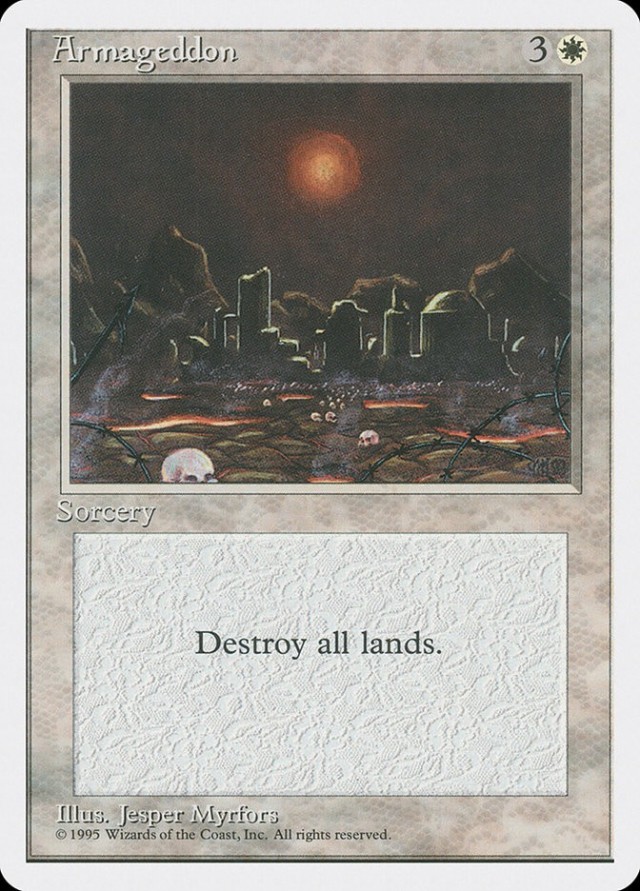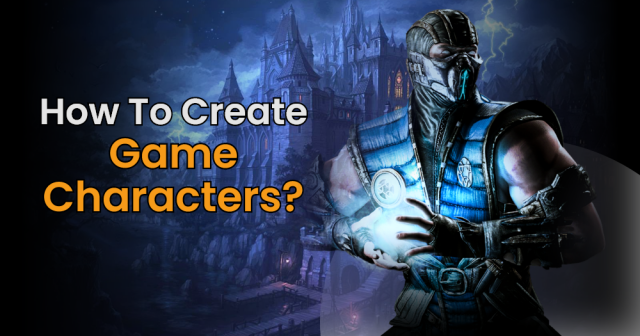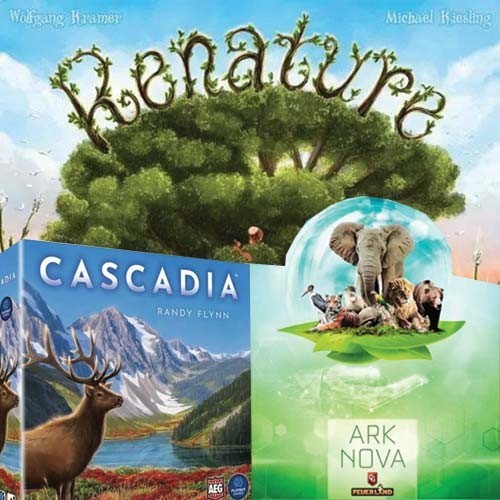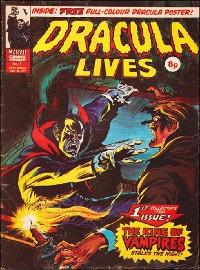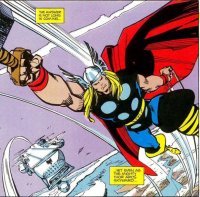Can Doctor Who succeed in the Duel of Ages? Can the Lesser Houses improve an already great game? Find out this week as I ask, "Why do I own this?"
Doctor Who: Time of the Daleks
How did I get this? Gale Force 9 announced their acquisition of the Doctor Who license way back in 2015, when Peter Capaldi was still playing the Doctor, and when they said the game would come out in 2016. GF9 would unfortunately become synonymous with delayed releases, but even by their standard, Doctor Who: Time of the Daleks was a long time coming. It finally came out at the tail end of 2017, and I didn't see it in any stores until January of 2018. I bought it sight unseen, being a big Doctor Who fan myself. I even painted the minis!
Why do I still have it? Painting a game is, for me, the equivalent of admitting you are keeping a game forever. I am enough of a fan of Doctor Who that it's gotten way more play than it probably deserves. Lately it's been played a lot with my son too, who is also a fan of the show.
How is it? Eh, it's alright. Truthfully, the license makes me feel far more generous toward it than it deserves. It's not that it's a bad game exactly, but it feels oddly modest in its goals. It's merely a pretty good dice game, much like Elder Sign. There's nothing wrong with that, but it feels like Gale Force 9 bunted on the license. More worryingly, there are signs that the game simply wasn't developed very well. There are all sorts of niggling issues in it. For example, the game has very little sense of an arc. The same thing happens over and over until it stops, and there's almost no sense of progression. The difficulty curve is all over the place too. Sometimes it's childishly easy, and other times it's brutally difficult, and it all comes down to how lucky you get in the early game. Most bafflingly, the victory conditions seem like they were never really thought about. It should really be a straight co-op, rather than a sort of semi-cooperative thing that doesn't work with the Doctor Who world at all. All of these issues are house-ruled fairly simply using a variety of tweaks that the player can do at the table. But that just makes me wonder why it was allowed to ship in this state. It makes me think that there was intense pressure to get it to the printer, which was very likely the case. It's also disappointing that it only had four Doctors out of the box, and really the whole game has a bad case of needs-more-variety. But one thing it does do well is embrace the license, semi-coop mechanic aside. The dice mechanic actually does a good job at recreating the improvised non-violent solutions the Doctor favors, and the relationships between the Doctor and companions give the game a surprising amount of weight. That more than anything is why I've continued to play the game. It's true that I would have left it behind long ago if it had any other setting, but it has this one, so I still like playing now and then.
Duel of Ages II
How did I get it? Getting review copies is not all its cracked up to be, because you generally end up with a lot of mediocre games you can't unload on others. But every now and then you get a game like Duel of Ages II, a title so singular and massive that I consider my whole time on the review copy train to be worth it. I was hooked up with a comped copy by the publisher back in 2013, including a copy of the now-super-rare Master Set. I've become a full-on believer in Duel of Ages II, and I've invested in both the little freebies on its website and the outstanding Codex, a book of strategies, rules, and design insight self-published by the designer, Brett Murrell.
Why do I still have it? Duel of Ages II is probably the single most valuable game I own. I have no idea if it will ever be reprinted, but the Master Set alone can fetch hundreds of dollars at resale. I very nearly gave the game up when we prepared to move overseas, because the full thing takes up a lot of room. But I made the wise choice to play it again to make sure I was okay parting with it. That served as a reminder that I really liked it, so even though I don't play it much it made the journey.
How is it? There is no game that I've played quite like Duel of Ages II. It's got a touch of tactical wargaming, a touch of roleplay, squad-building, and storytelling, all put together in an enormous package with essentially endless permutations. It has a sort of Mad Libs quality (Annie Oakley wearing a football helmet kills Ghengis Khan with lawn darts), which can give it the impression that it's a cheesy goof of a game. But beneath its silly exterior is a surprisingly deep tactical experience that holds up for several hours if you have the inclination. This is actually what I would classify as my favorite epic game experience. I would gladly set up a game of this and play for 6-8 hours. Most games like that tend to be about warfare first and foremost, but Duel of Ages II focuses instead on character and tactical richness. It's the sort of epic game that was meant for me. It's not a perfect game, though I think its chief failure is that it doesn't communicate its goals well. It's hard to embrace its tactical nature when it puts the cheese front and center, and the victory conditions are hard to focus on unless you make a point of it. It's also a lot of process. It's not hard to learn exactly, but it's also not a clean efficient design. It's much more kitchen-sink in its philosophy, which is why it is so well suited for the epic length. I maintain that the best game session of anything I've ever played was a five-hour game of Duel of Ages 2 at BGG.Con in 2015, where everyone knew basically how to play and the guy hosting the game knew how to keep it moving. It was sublime, the sort of thing that made me get into games in the first place. I would put it in my top three board games of all time, maybe as high as number two, beneath only Cosmic Encounter.
Duhr: The Lesser Houses
How did I get it? This was another comp copy from Devious Weasel Games, and designer Jim Felli. This also holds the record for the most circuitous path from publisher to myself. Devious Weasel sent it to my parents, who included it in a package of Christmas gifts that arrived in Manila days before Christmas. I ended up getting my copy a good three months after the rest of the world, but I knew that going in.
Why do I still have it? Duhr is based on Bemused, which I reviewed several weeks ago. I've played much more Bemused because at the time I was with a better group for this kind of game. But since then I've had some exposure to Duhr, and I prefer this version. I keep both around, because every collection could use more games from the likes of Jim Felli.
How is it? The biggest knock on Duhr is that it is so similar to Bemused. In truth I had a hard time learning it, because my brain had trouble retaining the somewhat different rules that actually made a big experiential difference. Duhr also doesn't have nearly as original a setting compared to its ancestor. Instead of muses, the players are now noble houses doing that noble house thing where they are scheming and stabbing each other in the back. But there are two big things that elevate Duhr over Bemused. First of all, that more ordinary theme is actually a much better fit for this kind of gameplay. It's easier to learn this surprisingly complex little game with the "backstabbing nobles" setting, and I think the experience is more intuitive as a result. The second advantage is a few little tweaks that make the game much more dynamic and interactive. Bemused had a tendency to force the players to reckon with lousy hands too often, and that rigid nature made deal-making a little harder. Duhr is much more fluid, and it's easier to recover from bad luck or a gang-up. Devious Weasel has published a lot of oddball games, but their one game that isn't truly unique ends up being the best one for general audiences.
Dungeonquest
How did I get it? Fantasy Flight Games reprinted their ill-begotten third edition of Dungeonquest back in 2010, and I landed a copy not long after. Longtime fans of this classic game have roundly rejected that version of the game, and not without reason. FFG made the questionable choice to include a surprisingly involved combat mechanic that was totally at odds with the nihilistic goofiness of the rest of the game. It was such a flop that they released a Revised Third Edition several years later, with the original game's rock-paper-scissors combat restored. They also released a downloadable "upgrade kit," which allowed owners of the previous edition to update their rules and components with some easy printouts. That's the route I took.
Why do I still have it? Dungeonquest is the sort of game that works for someone like me, who is totally comfortable with a game that ends with no winner, and thinks failure is kind of funny. As such its one of my favorite fantasy designs, and the Revised Edition made it much more likely that I would play. My six-year-old, who normally is not much of a gamer, is a big fan of this one. I think he takes the same sick glee as I when a blade trap kills someone on the first turn.
How is it? I'm a little shocked that Dungeonquest has gained classic status, because objectively it's a pretty stupid game. But I think it works because few games capture that sword-and-sorcery attitude quite like Dungeonquest. You aren't a hero or a chosen one. You're just a person who will probably die going into a dungeon, like pretty much anyone else. I can't speak for anyone else, but I think this captures a feeling that is missing from a lot of 21st Century fantasy, where everything is a clash between good and evil. It helps that its such a short game, rarely lasting more than an hour. I totally see why it wouldn't work for some people, because it is not a very satisfying game if decision-making matters to you. Its brutal nature feels deeply unfair. But I think that unfair feeling gives the game a sort of setup-and-punchline quality that very few games manage to capture. When you defeat a demon, only to fall down a bottomless pit in the next turn, you can practically hear the rimshot. It's one of the rare games that is actually funny to me, and I think that more than anything else has kept it around.
Dungeons & Dragons Adventure System (Castle Ravenloft, Wrath of Ashardalon, Legend of Drizzt)
How did I get it? I originally got Wrath of Ashardalon in a math trade, and played it a bunch. I liked it so much that I went back and found copies of the other two games, at the time the only three games in this system. These almost didn't make the trip to the Philippines either, until I combined all of the sets into one enormous plastic tub and brought it with me. Unfortunately, I'm missing several of the minis because they went missing in the classroom where I played regular D&D all last year.
Why do I still have it? At this point, it's mostly because of the effort and cost I sunk into getting it all in the first place. I like the games a lot, but I don't miss playing them when I'm partaking in regular Dungeons & Dragons every week. Still, I would not turn down a game if someone wanted to play it. Wrath of Ashardalon is my favorite volume.
How is it? The D&DAS is a terrific dungeon crawling board game system, stripped down and intuitive. It captures the tactical nature of D&D combat without becoming too fussy or bogged down, which is really impressive. I like the different settings too, which have all given us different bestiaries and bosses to fight. I am not a huge fan of the direction the game took as a product line though. The original three games I bought were all great on their own, but it's obvious not much care was given to how they would interact with each other. They just don't function well when you try to integrate them. The newer games in this series (Temple of Elemental Evil, Tomb of Annihilation, Dungeon of the Mad Mage) all have great 5e settings, but they emphasize a more serialized campaign style of play. I have zero interest in that, since I already do that with my roleplaying group every week, and that's more satisfying. I don't want to be too dismissive of any of these individual titles, but I think the best approach is to find the game with the setting you like the most, and just buy that one. Having all three of these games has been a little bit of a millstone. But they still offer great dungeon crawling gameplay, and I especially like how they provide a ton of great toys in a box for a comparitively low price. It's a nice way to get a Diet Coke version of D&D, if you simply can't find it in your heart to play the regular game, which is more fulfilling but a bigger commitment.
Next week: Every youth group's favorite game, a tactical monster, and a pair of games by the German designer who loves the color green and F's.
 Games
Games How to resolve AdBlock issue?
How to resolve AdBlock issue? 
